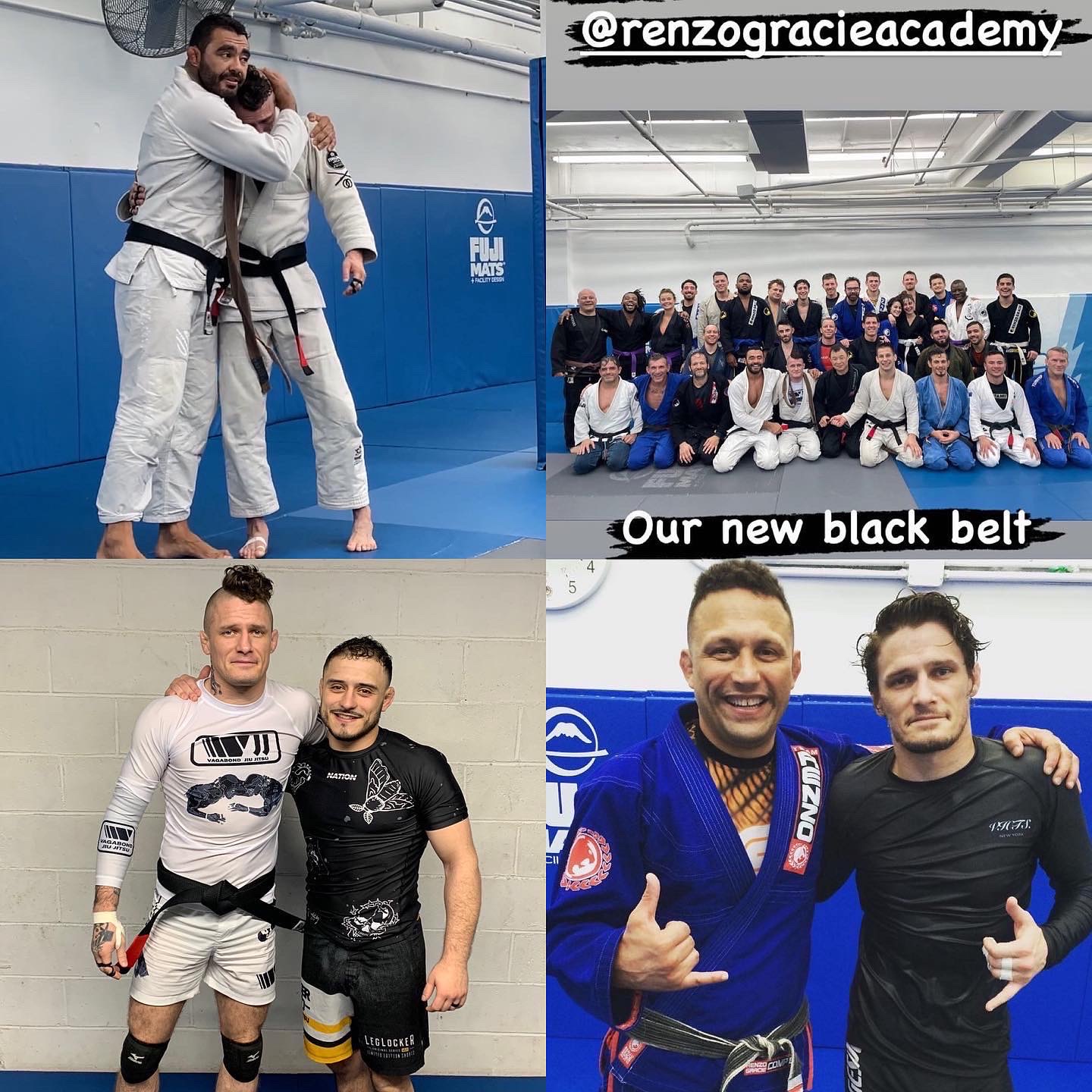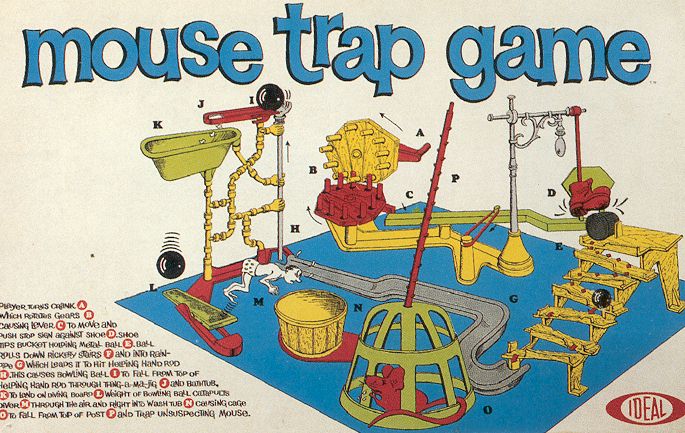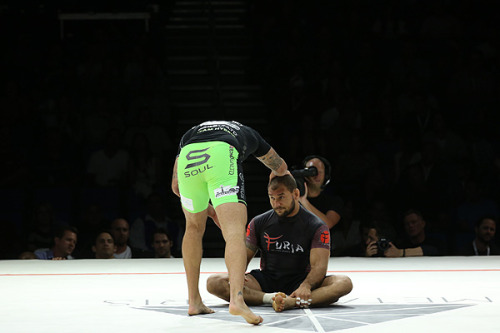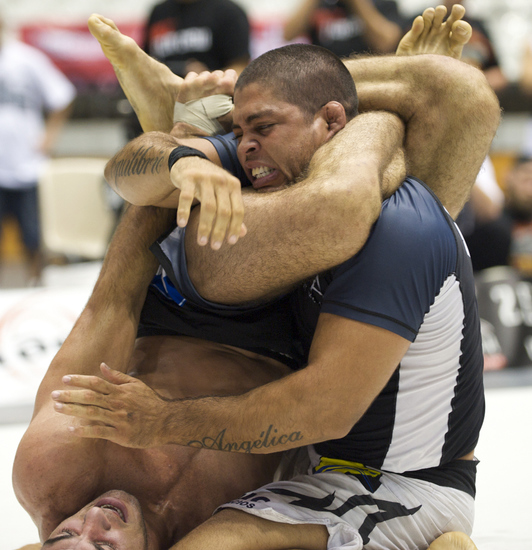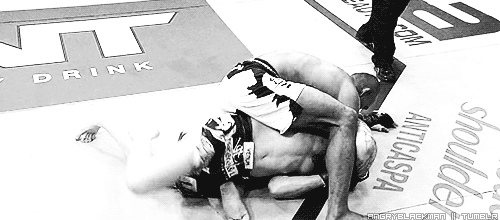I'm covering Judo class later today, so I thought I'd include the workout and some thoughts/rationales for the hows and whys of my coaching methodology.
I have several approaches to running a practice.
If it's a practice and I'm asked to fill in and it's right before a tournament (as is the case today), each of the positions we'll cover will build on one another and it will be up to the player to select his "go to" response.
My goal with this practice for the upper belts is they are getting deliberate, ordered practice and repetitions of their natural responses to a likely series of scenarios given the sport, the rules in competition and their current level of knowledge.
My goal is not to fix, change, alter, whatever-it-is that their particular coach has taught them or their specifics of each technique unless they ask for my input. I don't have all the answers, nor am I there to "correct" someone else's coaching out of my own vanity or need to self-aggrandize.
Now, with white belts through green belts, they will likely only progress perhaps to the point of pinning an opponent through the course of class. I ensure they are much more deliberate about teach step in the progression and if they are missing some fundamentals, I'll make sure they are getting the overall picture regarding each component (IE: what is a "dominant grip" or " what their choices are for a foot sweep depending upon their being right or left handed and whether their training partner is left or right handed). For the newcomer to Judo, this class is not designed for them to learn 14 new moves and then expect that they retain all of it, but rather to see and feel the progression common to Judo at all levels of competition and to learn whether consciously or unconsciously to begin to onnect the series of events/scenarios together rather than learn technique A or learn technique 5.4and see them in isolation from one another.
For example.
Your tokuiwaza or "pet technique" as it's called in Judo. In each position, from the feet to the pin or submission you should have a go to position that is your bread and butter.
For me, it goes something like, gripfight to a left handed grip, ouchigari to uchimata then knee through pass to the opponent turns out to back take and finish by Ezekiel from the back.
I don't explain it in totality simply that we'll start from the feet then build each component over successive rounds. I've found that if I explain the whole process, people start finding one part of the progression that they're already thinking about.
3 minutes, taking turns: : Rather, the first drill will be to grip fight taking turns where each player fights at about 50% until they achieve a dominant grip then reset.
3 minutes, taking turns: The second phase will be achieve dominant grip then attack with a foot sweep
3 minutes, taking turns: grip fight to a foot sweep followed by a major throw
3 minutes, taking turns: grip fight to a foot sweep followed by a Major throw then continuation to mat work pass the half-guard
NOW, players will not take turns throughout the duration of the 3 minutes, instead they will each do the progression/series with the same person attacking, repeating the progression for the duration of the 3 minute round -
grip fight to a foot sweep followed by Major throw continuation to mat work pass the half-guard, opponent escapes the pin by turning out (a common scenario given the mat work rules in Judo) and take the back
Major throw continuation to mat work pass the half-guard, opponent escapes the pin by turning out, take the back to finish by submission.
 ---
---
A week before a tournament is NOT the time to add new tools to the toolbox. It is, however, the time to polish your favorite tool and your natural inclinations.
Midway through practice, ideally, a player has gotten in several hundred repetitions of the various components done in a way that subtly all build on one another.
I have several approaches to running a practice.
If it's a practice and I'm asked to fill in and it's right before a tournament (as is the case today), each of the positions we'll cover will build on one another and it will be up to the player to select his "go to" response.
My goal with this practice for the upper belts is they are getting deliberate, ordered practice and repetitions of their natural responses to a likely series of scenarios given the sport, the rules in competition and their current level of knowledge.
My goal is not to fix, change, alter, whatever-it-is that their particular coach has taught them or their specifics of each technique unless they ask for my input. I don't have all the answers, nor am I there to "correct" someone else's coaching out of my own vanity or need to self-aggrandize.
Now, with white belts through green belts, they will likely only progress perhaps to the point of pinning an opponent through the course of class. I ensure they are much more deliberate about teach step in the progression and if they are missing some fundamentals, I'll make sure they are getting the overall picture regarding each component (IE: what is a "dominant grip" or " what their choices are for a foot sweep depending upon their being right or left handed and whether their training partner is left or right handed). For the newcomer to Judo, this class is not designed for them to learn 14 new moves and then expect that they retain all of it, but rather to see and feel the progression common to Judo at all levels of competition and to learn whether consciously or unconsciously to begin to onnect the series of events/scenarios together rather than learn technique A or learn technique 5.4and see them in isolation from one another.
For example.
Your tokuiwaza or "pet technique" as it's called in Judo. In each position, from the feet to the pin or submission you should have a go to position that is your bread and butter.
For me, it goes something like, gripfight to a left handed grip, ouchigari to uchimata then knee through pass to the opponent turns out to back take and finish by Ezekiel from the back.
I don't explain it in totality simply that we'll start from the feet then build each component over successive rounds. I've found that if I explain the whole process, people start finding one part of the progression that they're already thinking about.
3 minutes, taking turns: : Rather, the first drill will be to grip fight taking turns where each player fights at about 50% until they achieve a dominant grip then reset.
3 minutes, taking turns: The second phase will be achieve dominant grip then attack with a foot sweep
3 minutes, taking turns: grip fight to a foot sweep followed by a major throw
3 minutes, taking turns: grip fight to a foot sweep followed by a Major throw then continuation to mat work pass the half-guard
NOW, players will not take turns throughout the duration of the 3 minutes, instead they will each do the progression/series with the same person attacking, repeating the progression for the duration of the 3 minute round -
grip fight to a foot sweep followed by Major throw continuation to mat work pass the half-guard, opponent escapes the pin by turning out (a common scenario given the mat work rules in Judo) and take the back
Major throw continuation to mat work pass the half-guard, opponent escapes the pin by turning out, take the back to finish by submission.
 ---
---A week before a tournament is NOT the time to add new tools to the toolbox. It is, however, the time to polish your favorite tool and your natural inclinations.
Midway through practice, ideally, a player has gotten in several hundred repetitions of the various components done in a way that subtly all build on one another.
